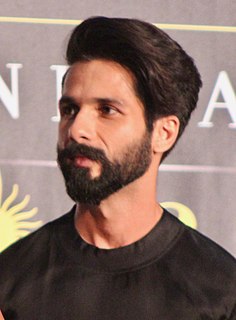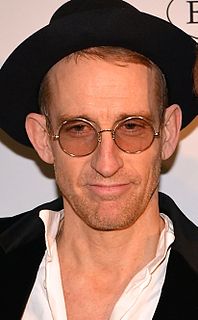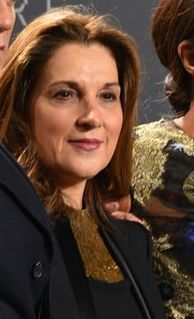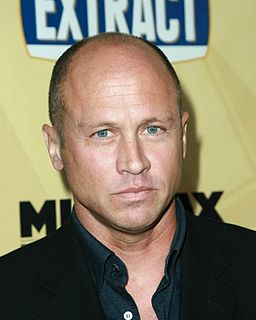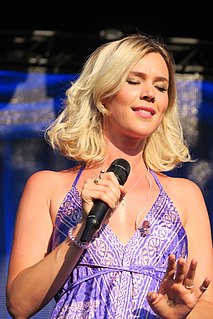A Quote by Stanley Kubrick
When I made my first film, I think the thing was probably helped me the most was that it was such an unusual thing to do in the early 50s for someone who actually go and make a film. People thought it was impossible. It really is terribly easy. All anybody needs is a camera, a tape recorder, and some imagination.
Related Quotes
It was quite unusual to use the recorder as a concert instrument. But my mother, a pianist, actually helped me a lot by assuming that anything done on the piano can easily be done on the recorder! She helped me with technique and was just as critical about my playing as she was with her own. I think that has been one of my fortunes.
First, there has been a lot of interest in The Drive-in, but, alas, it hasn't actually come to fruition. Maybe soon. Don really got Bubba and I didn't think it could be a film. I thought it was too odd to make it to film. He asked me to do the screenplay, but I declined. I didn't see that it could be a screenplay but he wrote one and proved me wrong. He was always considerate about what I thought about the film and the story's presentation, but in the end, he's the director and he had to make decisions. All good ones.
I think a lot of people go into filmmaking thinking, "How can I make a career?" And so when they make their first film, they make it thinking, "Well, this'll be the one that gets me to the place where I can make the second film the way I want to make it, and that'll get me to the place where I can make $100 million on the third film." And I thought, "Well, if I put sustainability at the bottom of my priority list, then what opportunities is that going to free me up to pursue?" And that's what I've always done.
There's this thing that's come about that wasn't there when I started acting which is they do this thing called a chemistry test. They put a camera in front of two people, it's usually a boy and a girl, and they go, [whispering]. It's impossible. You can't manufacture it or film it, it just has to happen.
I thought I was okay in my first film, and then I was really, really bad in some films. I really cringe when I see some of my scenes. There's a scene in one film where a dog is biting me; the expressions I have made should be qualified as the most over-acted scene in the history of the cinema. The dog's expressions were more real than mine.
Most people don't really understand what it takes to get a film made, and the struggles. I think anyone who makes a film goes through their own set of struggles. People go to extraordinary lengths to get films made. I hope it's of interest to people. One would think that it would be very easy, with an iconic character like James Bond, to keep making the films, but it hasn't been. But, it sure has been entertaining and rewarding.
It kind of hit me at some point during the process that most people in the film business - not just the executives, the people who make them, too - tend to come from pretty upper-class backgrounds. If they go work a job, it's to have that experience, that sort of thing. After they graduate college, they have time to go visit Europe and take some time off and get their heads together. That kind of thing, I sure didn't have.
If I was a person that felt success is money, and for some people it is, I won't yuck someone's yum - if that's your thing, that's your thing. Go for it. Make as much money as you can. I don't care. Not my thing. My thing is something else. So I don't miss that. At all. Who needs it? How much money do you really need?








